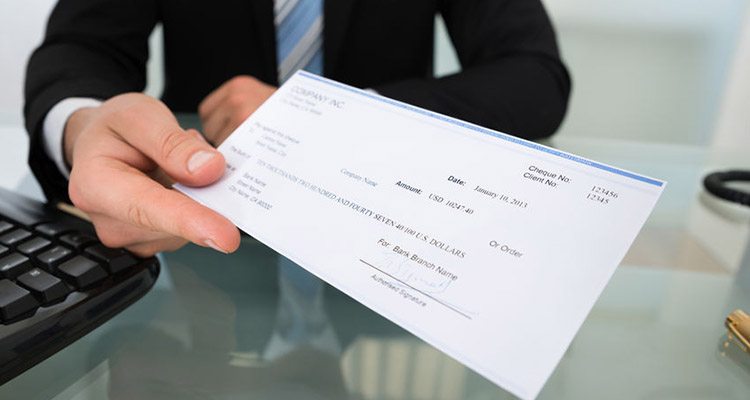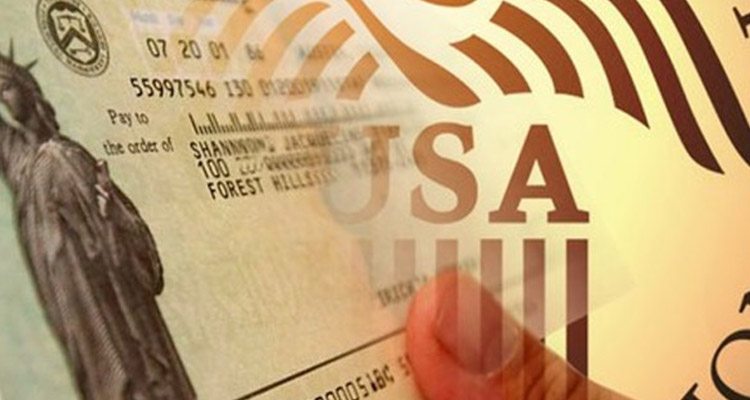Is a New Car Really Worth the Cost of the Loan

If you have enough money to offer a good down payment and a credit rating high enough to get a good loan, buying a new car might be a tempting proposition. After all, you end up with a vehicle that nobody else has ever driven before, you don’t have to wonder if it’s been abused and you can actually get it customized to meet your standards.
You might want to think twice about going the new car route, however. Between the fact that there are certified used cars on the market now that have been thoroughly inspected and the effects of depreciation, buying a new car may not be all it’s cracked up to be. Let’s look at some of the things you should consider before you sign off on financing for a new vehicle.
First, the Loan
The cost of the vehicle will be the actual price for the vehicle itself plus the cost of financing the vehicle, in the most basic terms. There are other costs involved, as well, that we will get into below, but these are really the two biggest ones that you have to concern yourself with.
Just for the sake of example, let’s assume that the loan you’re taking out has an interest rate of 5% and a term of 60 months. The car that caught your eye is a very popular model, a 2015 Toyota Corolla, which has a sticker price of approximately $18,000.
This would mean that your monthly payment would be roughly $340 per month for the next 60 months if you financed the entire amount. The finance charges would be approximately $2400. The $18,000 car you are looking at what end up costing you, when it’s all said and done, approximately $20,400.
If you go to the Kelly Blue Book site, you can get an estimate on the price of the used car. For a 2012 Toyota Corolla in good to very good condition, the price would be around $14,000. That would bring the total cost of the car, including the financing charges to around $16,000.
On the face of it, that may not seem like that substantial of the savings until you factor in depreciation, which is one of the biggest drawbacks of purchasing a new car.
Depreciation
Every vehicle depreciates. In fact, as soon as you drive your new car off the lot, it’s worth less than what you paid for it. While that $4000 noted above may not seem like that much of a savings, it’s important to remember that the Corolla you paid $18,000 for isn’t going to be worth $18,000 – and certainly not worth $20,400 – when you go to trade it in after you’ve owned it for a few years.
Depreciation is the biggest cost of owning a new vehicle. You can go to ALG to get depreciation ratings on vehicles so you have an idea of how much the value of any new car you’re looking at will decline after you purchase it. This is one of the first things you should do when you’re looking for a new vehicle and you get to the point where you have a specific make and model in mind. You might be surprised at some of the vehicles that retain their value very well and some of the vehicles that lose their value very quickly.
Insurance and Gas
You’re going to pay more to insure a new car and, if you go for one of the very advanced models, you may end up paying less in fuel. You’ll need to balance out these costs to determine whether you can actually bear the cost of the vehicle.
Between depreciation, the cost of fuel, the cost of financing, the cost of ensuring the vehicle and the cost of any extras you want added, you might find that buying a new vehicle isn’t really all it’s cracked up to be. If you do decide to go the used car route, you do have some real advantages.
It’s Not Your Parent’s Used Car Dealer
If you decide to purchase a used vehicle, remember that you can do so without dealing with the stereotypically sleazy used car dealer. There are services available that will certify used cars so you know that they aren’t vehicles that have been totaled and restored enough by an unscrupulous dealer to make them salable. You should always ask for this information and, if you belong to AAA or some other organizations, you can actually get this information at a reduced cost or no cost.
Explore the cost of financing, get an estimate on depreciation and you should be able to get an idea of whether or not a used car or a new car is the right choice for you. Remember, however, that a new car will not retain its value for long, though some are better in this regard than others are.








